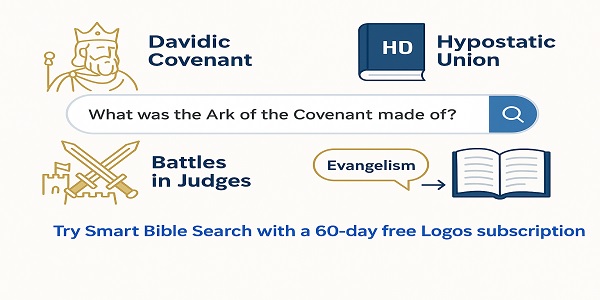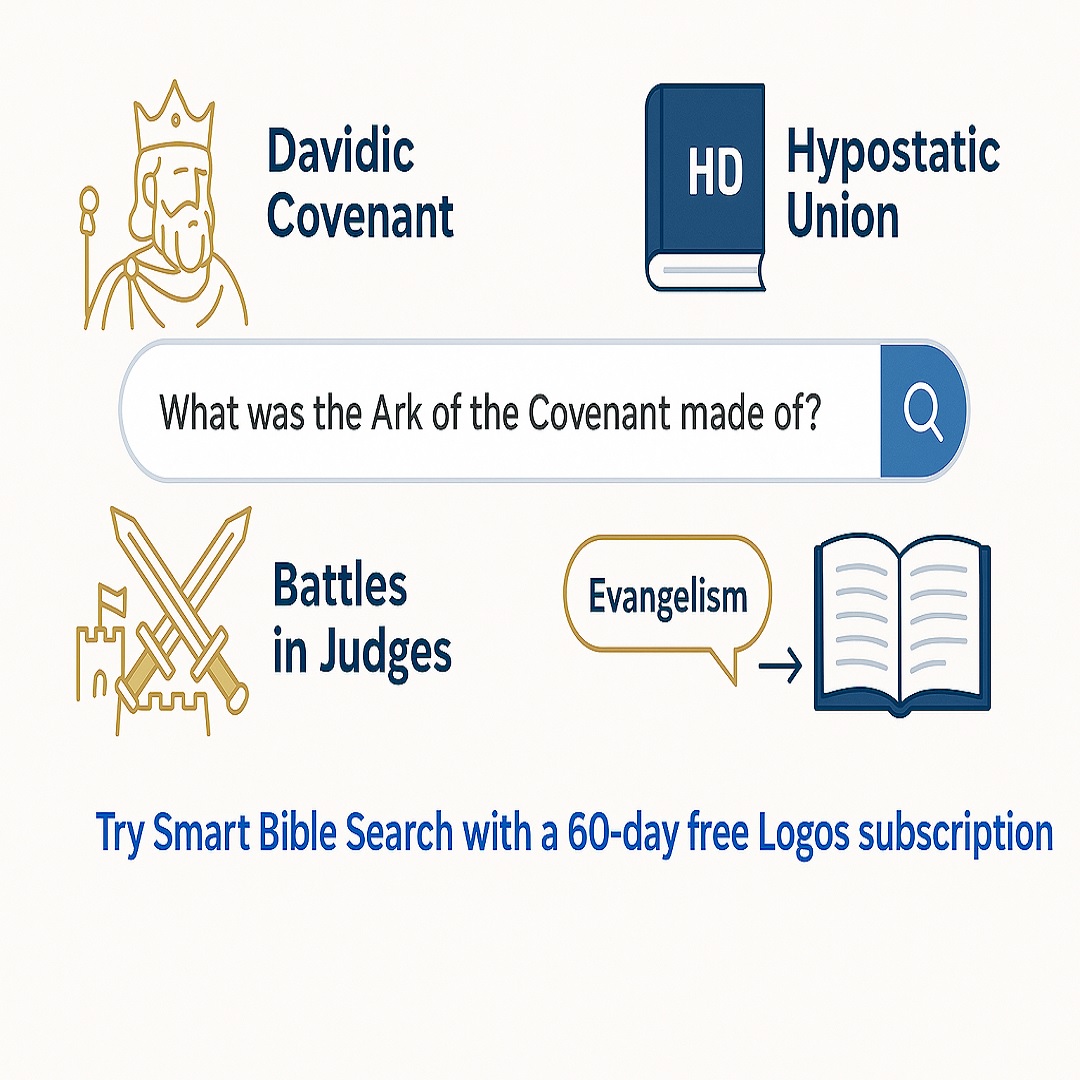I touched on God’s Economy in part 2. I would not like to look at the Church community being well off more practically.
Proper Accounting
There are many stories of revivalists in the USA who became very rich as a result of their popularity. This is still the case today. It is not unusual for corruption to follow riches. This led to the preaching of the Gospel becoming discredited. Even today, the best way to discredit the preaching of the Gospel is to point to corruption within the church community, particularly when they are well off financially.
It was Billy Graham who introduced the best way to overcome this corruption and therefore the discrediting of the Gospel. Proper Accounting. Opening the books to public examination. It is my understanding that much of modern evangelical church community accounting is due to the success of the Billy Graham method of open-book accounting. If you expose everything the church community does to the light, whether well off or not, then the prospect of corruption is much less likely. Hmm, exposing things to the light sounds a bit spiritual.
Open For Examination
So if you want to set up a prosperous community of God; one that is based on everybody having enough, and minimising the prospect of corruption, it is a matter of setting up everything you do so that it is open for examination at all times. This is so simple really, I can’t see that it should need any more explanation. Yet surprisingly Christians and Christian organisations worldwide, still fall into the trap of keeping things under wraps. Often sighting confidentiality as the reason. Yet when examined there was no good reason to. Just open everything up and most problems go away.
I recognise the need for some confidentiality but it should be the exception, not the rule. Confidentiality should be put to the test of “Is this necessary or are there other motives?”
If you are looking after everybody. So the church community are so well off that they have no needs, you are dealing with everybody’s financial needs. You don’t want everybody to know the financial business of everybody else. However, it is not a justification to avoid audits by publicly authorised auditors.
Prosperity Theology
I am not talking about prosperity theology when I ask the question, “What if your church community was so well off that everybody in it had no needs”? That theology, also known: as prosperity doctrine; the health and wealth gospel; or the prosperity gospel, insists that if you are right with God then you will prosper. It’s based on the following scriptures and similar:
- Malachi 3:10 – “Bring the whole tithe into the storehouse, so that there may be food in My house, and test Me now in this,’ says the LORD of hosts, ‘if I will not open for you the windows of heaven and pour out for you a blessing until it overflows” (New American Standard Bible).
- Deuteronomy 8:18 – “But you shall remember the Lord your God, for it is He who is giving you power to make wealth, that He may confirm His covenant which He swore to your fathers, as it is this day” (New American Standard Bible).
- John 10: 10 – “I have come that they may have life and that they may have it more abundantly.”
- 3 John 2-4 – “Beloved, I pray that you may prosper in all things and be in health, just as your soul prospers.”
First Glance Misunderstanding
Whilst at first glance it would seem difficult to put aside this prosperity concept, Jesus himself made it clear that prosperity is not necessarily an indication of God’s blessing (Mk.10:26). As I have already shown, Jesus in His, “Sermon On The Mount” (Matt.5:1-ff) turned the whole concept of such blessings on its head. Whilst there is no doubt that God wants the best for us and that may mean material prosperity, blessings are not exclusively material. Having an abundant life may mean living in abject poverty and being very comfortable with it.
I am talking about basic needs. Enough to live on. To look after those you are responsible for and do the work that God has called you to. That is what I mean when I ask the question, “What if your church community was so well off that everybody in it had no needs?” I am talking about Not Judging those who have more, nor those who have less but everyone looking to each other for support to do what they need.
George Muller
Mr Muller is another of my Faith Heroes. He is most well known for his work with orphans. He saw a desperate need in 1836 to set up what was to become a significant undertaking.
What sets Muller apart is that he did it all on faith. Fans of George Muller are very quick to point this out. But they completely miss the rest of his story. Mr Muller did not do this work all by himself. He had supporters. More than that, he made sure that every penny he received was accounted for. Yes, he lived by faith. But that faith consisted of not specifically asking anybody for support at any time. Let alone when the need was the greatest. They prayed and God supplied in time. But it wasn’t as if nobody knew about what he was doing.
Muller’s staff were wholeheartedly committed to the cause and made huge sacrifices. Personal and material to make the thing work and there were many associates. The impressive part was that at no time did the children or the staff go without what they needed. That did mean that they sometimes went without the things they wanted. But that is different from what they needed. They were to learn that lesson over and over again. Nevertheless, the children were clothed and educated. Moreover, all, including staff were fed, housed and looked after.
Reading About Muller
I remember reading about Muller in Bible College. How could I not be inspired? Little did I know that later in life I was to gain an association with his work. All be it a distant one. We have discovered that some of my wife’s relatives were brought up in one of the Muller orphanages.
Today they no longer exist. The state has taken over the role of looking after orphans. But the Muller community still exist, they now run homes for the elderly and more. Still, my wife’s relatives, remember their time in the orphanage with great fondness.
But this community is nothing like the one I referred to earlier that ended with a very bad reputation. This one always paid their bills and kept excellent books consistent with their time. This does however beg the question, “If your church community were so well off that everybody in the congregation had no needs, what is the role of faith?” Particularly in light of the concept of failed faith communities and profit to increase giving.
God’s Economy Is An Economy Of Enough
God has a different way of looking at prosperity. Far from requiring us to live a life of poverty or a life of riches. God calls us to live a life of enough.
The most powerful expression of this is in the Lord’s prayer. “Forgive us our Debts as we forgive our debtors” (Matt 6:12).
Yes, I know. Most translations say forgive us our “sins”. Yes, “sin” was intended. However, the Greek word means “debits”. Though it is often sadly missed, the forgiveness of debt is part of the intent of this verse. The proof of this is the verse that precedes it: “Give us this day our daily bread”. Thus God’s economics comes into the Lord’s Prayer. The economics of enough. What higher ranking could be given to a theology thought than the Lord’s prayer? This even shocked the disciples because they, like everyone else. believed that the rich were rich because they had God’s blessing and were guaranteed a place in heaven (Matt.19:23-26).
Some Will Have More Others Less
God giving us “daily bread” is not prescriptive of either riches or poverty. The contrast of Solomon to the Widow and her mite is staggering. Yet each was blessed. Scripture itself makes it clear that some will have more others will have less. But it seems to me that we are called to soberly assess what we need to live on and share what we can. Without creating hardship for our families. I have been with people who have less than I and who still gave to me to help me overcome financial difficulties. In contrast, I have been on the receiving end of people with more than me helping me go through Bible College.
It is OK to seek, train and learn more to be able to make more money. We should! That is not the most important skill. The most important skill is soberly assessing our income. That was the lesson of the rich young ruler (Mk.10:17ff). It is a skill we have to pray earnestly for. It is a gift that is hard to come by. That much is clear. Thus it is easier not to be rich.
I remember very clearly a discussion I had with a fellow student when I was in Bible college. He was trying to insist that a Christian should not be rich. Apart from the difficulty of defining what “rich” is, I pointed out that he would not be able to be in college if it weren’t for the “rich” people sponsoring him; something he had never thought of.
Blessing Based On Enough
Christians have to recognise that God gives his approval and blessing based on the principle of “enough”. Each of us has a bounty in our daily bread. But those riches may include spiritual riches and not necessarily material riches. That is everything for a Christian is within the context of that which we need each day.
Some will be materially rich and they with have a job to do with those riches; such as sponsoring people in Bible colleges or missions or charity. For other Christians, those riches will take other forms, according to the task God has called them to do. But, by God’s standard, none are more or less rich than each other, we all have enough.
As Christians, we have an awesome responsibility. For everything belongs to God (Hebrews 2:10). He loans it to us. He requires us to soberly assess our needs and give the excess away. If we have more than enough and we don’t give it away as God directed the rich young ruler, we have too much and we are not truly rich (Eph 1). Our eyes are diverted from the job God has for us. Indeed from God himself. This is what Jesus was getting at when he said …it is easier for a camel to go through the eye of a needle than for someone rich to enter the kingdom of God. (Matt.19:23-26). It is our responsibility to examine carefully what we need remembering that as a community things like this will come under scrutiny (Acts.5).
That does not make it a sin to work for a roof over your head. Nor is it a sin to save for that something special or that special holiday (Matthew 26:6–13)
The Widow’s Mite Again
In the same story as the widow’s mite (Mk.12:38-40), the Pharisees gave “out of their excess”. They didn’t give their excess, they gave part of it. They still had plenty of that excess left over. That’s the real point of the widow and her mites. Giving must be a sacrifice, not a burden but it must mean something. More than that it must be significant.
Some preachers will have you convinced that sacrifice means a burden. They love to skip the part about joyful giving (2 Cor.9:7), by trying to tell you that you should carry this burden of sacrifice and be happy about it. It’s just not true. Joy is not a burden. No one should be coerced into giving (Acts 5).
True Christian Community
True Christian community is not about:
- Bringing everybody to the same financial status, either up or down.
- All living under the same roof.
- Living a life of poverty.
- Always living in prosperity.
That some may be called to do these things, is not an indication that all should be called to the same. Whether we have money or not.
No! The true Christian church community will express itself in many different ways. Each can be legitimate. True Christian community is about sharing; about giving generously to each other. True community is about making sure that each of us has enough. Not the same as each other but enough.
So how about it then:
”What if the church community were so well off that everybody in the congregation had no need?”
Would it not be a phenomenal witness to the world about us, if a congregation made sure that every person in that congregation, always had enough for the job that God had set out for them?
Incidentally, that may mean giving people the gift of education.
Of course, this means that a congregation would have to work with each other closely enough to make sure every person was doing the job God had called them to do. Something that we a commanded to do as part of our communion celebration (1 Cor.12:21-26)
Not Easy
This is not easy. Because such an approach requires us to consider others all the time. Yet another Christian principle, is it not (Heb.10:24)?
It is not about being in each other’s business. It is about being sensitive to each other. As hard as all that might be, is it not worth the challenge?
Would it not be better for Christians to seek to be better off and to help others to be better off than to seek poverty?
When we stop listening to the secular world’s distorted views, that is what it truly means to submit to one another in Ephesians 5:21, is it not?
There would be a bonus to this: we would never have to listen to preaching twisting the widow’s mite story again because there would be enough and a call for anything else would just be sheer greed.
Fair Dinkum


 Search The Bible the way you have always wanted to.
Search The Bible the way you have always wanted to.
 The most complete Bible study Platform. Start you Free trial Now!
The most complete Bible study Platform. Start you Free trial Now!



